Introduction: Living on the Edge of Existence
My name is Abra’ms Jnr. I am a queer leader, a humanist, and an atheist (ex-Muslim) refugee living in the Gorom Refugee Camp in South Sudan. I belong to a fragile and persecuted community of LGBTQIA+, atheist, and humanist refugees and asylum seekers—many from Uganda, Rwanda, Burundi, the Democratic Republic of the Congo, and other Great Lakes countries—forced to flee because of who we are and what we believe.
This is not just my story. This is our collective voice. It is the voice of my fellow queer refugees, my atheist friends, my transgender siblings, my lesbian sisters, and the many HIV-positive brothers and sisters who continue to fight for survival. It is a story rooted in East Africa—where state violence, religious persecution, and societal hate merge to crush our identities. Yet, we are still here.
The Ugandan Nightmare: Identity as a Crime
In Uganda, being LGBTQIA+ is criminalised, and non-religious people are often branded as ‘evil’ or ‘possessed’. For those of us who are both queer and non-believers, life becomes nearly impossible.
Many in our community have survived unspeakable horrors, including:
- Corrective rape of lesbian women, intended to ‘cure’ them.
- Public beatings, stonings, and burnings of transgender individuals.
- Forced religious exorcisms targeting bisexual and atheist individuals.
- Police blackmail and family betrayal leading to arrests or violent attacks.
- Forced anal examination.
We did not want to leave our homes. But we had no choice. Survival became our only goal.
Kenya: The Mirage of Safety
We believed that crossing into Kenya and registering in places like Kakuma Refugee Camp would grant us safety. But that dream quickly turned to ash. Fires were deliberately set on LGBTQIA+ shelters, and we faced sexual assault and gang attacks inside the camp. Our lesbian sisters were forced to turn to sex work, leading to unwanted pregnancies and the contraction of diseases like HIV. The authorities were hostile, often blaming us for the violence. We suffered from isolation, hunger, unemployment, and targeted attacks and arrests, with no formal protection.
We organised protests, we appealed to UN agencies, and we pleaded for help. But to no avail. Many were punished or left exposed. For some, including myself, the only option left was to flee yet again.
South Sudan: Exile Inside Exile
South Sudan, as a nation, is deeply conservative and religious. Same-sex relationships are taboo. Gender diversity is rejected. Atheism is largely unknown and feared. In this country, LGBTQIA+ people are seen as unnatural and sinful, or they are simply invisible.
Gorom is a small camp outside the capital city of Juba. It was supposed to offer a last refuge. But even here, danger followed us. In December 2024, the camp was attacked by members of the host community. Tents were slashed, people were beaten and robbed, and LGBTQIA+ refugees were specifically targeted. When the police arrived, they arrested us—including two gay men who were detained until bribes were paid. None of the attackers were punished.
My transgender sister, Ciara, bears physical scars from repeated attacks. She has been stoned while collecting water, mocked in public, and denied access to health services. Her story is one of thousands just like it.
While the South Sudanese Civil War is formally over, ethnic violence continues. Every day we hear gunfire, and we are traumatised by it.
Women and Children: Vulnerability and Survival
Our lesbian sisters face impossible choices. Many have turned to sex work, not from desire, but out of sheer necessity. Rejected by their families, denied access to work or support, and cut off from education, they must navigate constant threats of violence, exploitation, and HIV.
One sister told me: ‘I sell my body so I can eat. I hate it. But what else can I do?’
Children in our care face systemic rejection. Schools routinely deny admission to children of LGBTQIA+ parents. Teachers and classmates bully them. Without education, these children are robbed of a future before they even begin.
Living with HIV: Fighting Stigma and Neglect
Many in our community are living with HIV. The clinics are far away, understaffed, and often hostile to queer and trans people. Antiretroviral medications sometimes run out. Others avoid seeking help altogether, fearing exposure and discrimination.
Living with HIV is hard enough. Living with HIV as a queer refugee in South Sudan is a daily battle against both disease and stigma.
The Trauma of Conversion Therapy
Many of us carry invisible scars from conversion therapy: being locked up by families, forced into religious rituals, subjected to fasting, prayer sessions, verbal abuse, and sometimes physical punishment.
The message is always the same: you are wrong, you are broken, you must change.
Even here in the refugee camp, some of us hide who we are to avoid being targeted for more religious ‘interventions’. UN and other officials always remind us to keep low profile—in other words, to live in silence.
No Safe Spaces, No Protection, No Voice
There is no LGBTQIA+ community centre. No legal aid service. No safe health service. When we are attacked, we have nowhere to go.
Police do not protect us. In fact, they often target us for extortion. LGBTQIA+ refugees are arrested on false charges, held until they pay bribes, and then released without justice.
We are not seen as victims; we are seen as convenient targets.
UNHCR South Sudan: A Vital Yet Delayed Lifeline
The UNHCR in South Sudan has acknowledged our extreme vulnerability. Some of us have been profiled, interviewed, and told we qualify for third-country resettlement. We call this our pathway to safety.
But that process is currently on hold. We wait, day after day, month after month, hoping that one day soon we will be granted a chance to rebuild our lives in countries where we are seen as human.
We recognise and appreciate the efforts of individual UNHCR staff who advocate for us. But the system moves too slowly for people whose lives are in immediate danger.
A Collective of Resilience: Voices From All of Us
We are Ugandans, Rwandans, Burundians, Congolese, and Sudanese. We are gay men, lesbian women, bisexual people, transgender brothers and sisters, and non-binary souls. We are atheists, humanists, and freethinkers. We are HIV-positive fighters, sex workers struggling to survive, and children born into persecution.
Despite everything, we survive. We care for each other. We share food. We gather in secret to support one another. We hold onto hope, even when the world tells us to give up.
Our very survival is an act of resistance.
A Call to Action: Stand With Us
To everyone reading this—whether you are in Africa or abroad, queer or not, religious or secular—we ask you to stand with us.
Advocate for LGBTQIA+ protections in African refugee contexts.
Push governments and international agencies to accelerate resettlement processes for high-risk refugees.
Donate to grassroots refugee-led organisations on the ground.
Amplify our stories in your media, parliaments, queer communities, and schools.
Challenge misinformation and stigma about LGBTQIA+ people in Africa and beyond.
We are not statistics. We are not nameless victims. We are people. And we matter.
We Are Still Here
We exist. We resist. We endure. We do not want to live in fear. We want to love, to contribute, to thrive, to heal. And with your solidarity, we will. Together, we can dismantle hatred and build a world where everyone lives authentically.
You can find out more about and donate to the LGBTQIA+, humanist, and atheist refugees in the Gorom camp here.
As this article was being prepared for publication, on 14 May 2025, the author notified us of a change in circumstances and asked us to append the following open letter.
Dear International Community,
I hope this message finds you well.
Today, we had a meeting at Field Post in Gorom Refugee Settlement Camp. The meeting included the commissioner representing CRA (Government of South Sudan), accompanied by other unidentified individuals, as well as the Assistant Commissioner of UNHCR, Madam Gloria. We, the LGBTQIA+ community, were also in attendance.
The commissioner was extremely tough and stated clearly that we only have 10 days to vacate the area of Gorom. He instructed that we must be dispersed within Juba city, implying that they do not want us living together as an LGBTQIA+ community. By ‘they’, I mean the host community, the commissioner himself, and, broadly, the Government of South Sudan.
He added that failure to comply with this directive would lead to court action and we would face serious charges. These 10 days begin today, the 14th of May 2025.
This meeting lasted only one hour. We were not allowed to ask any questions or seek any form of clarification. It was more of an ultimatum than a dialogue.
We are deeply concerned, frightened, and uncertain of what will happen to us. We have been issued vacate notices before, but this time the threat feels extremely serious and imminent. As a vulnerable community already facing discrimination and insecurity, this forced eviction will further endanger our lives and well-being with an increased trauma to us.
I am reaching out to you with an urgent plea for support, advocacy, or any form of intervention. We are in desperate need of protection and guidance during this critical time.
Warm regards,
Abr’ams Junior (they/them)
As a reminder, you can support the LGBTQIA+, humanist, and atheist refugees in the Gorom camp here.


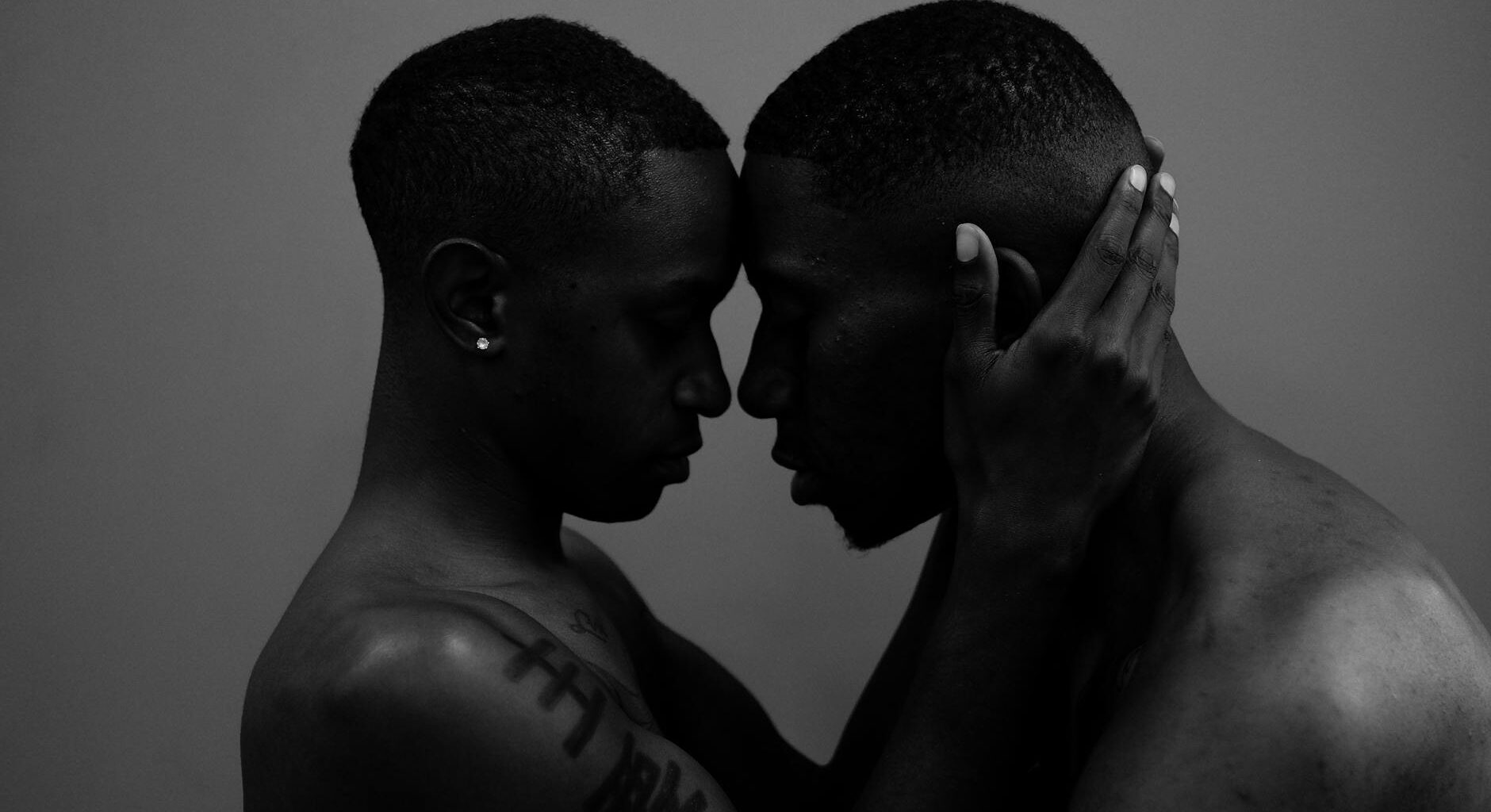
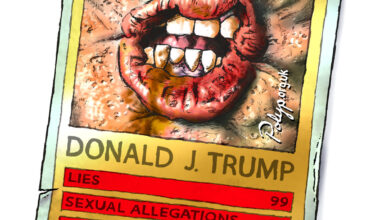
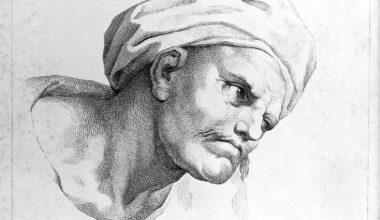
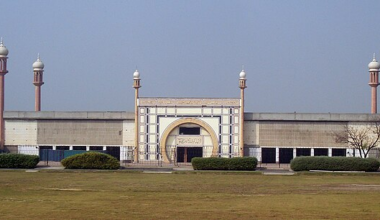
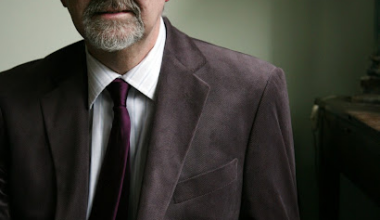
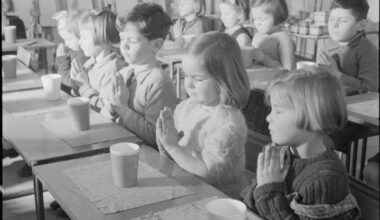
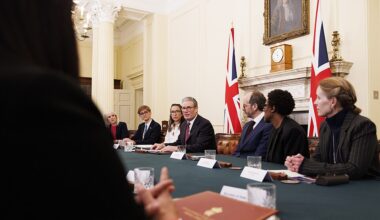
Your email address will not be published. Comments are subject to our Community Guidelines. Required fields are marked *
Donate